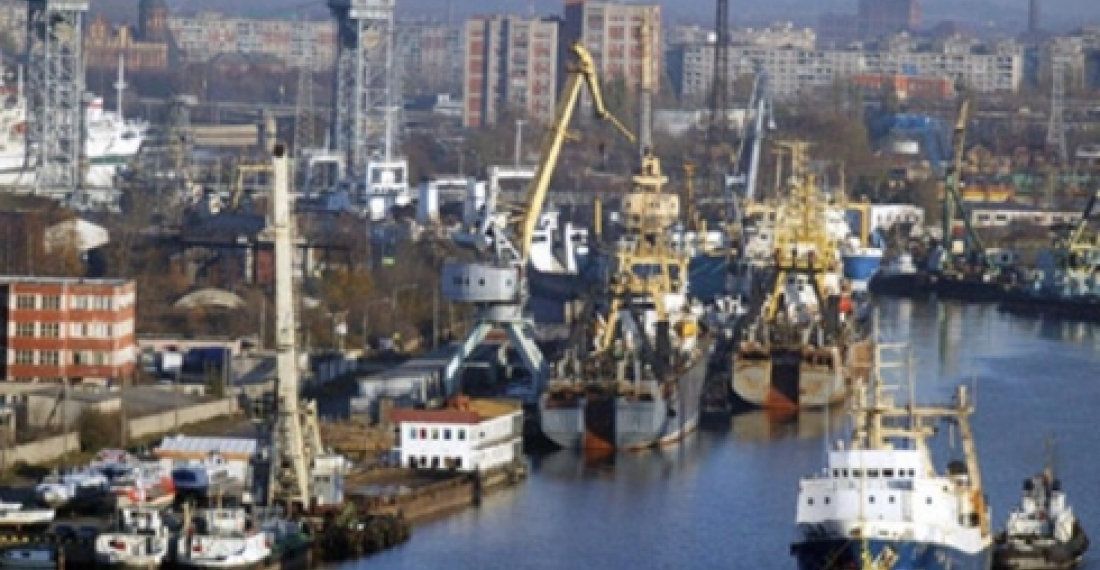A statement by a senior official of the Putin administration in which he compared Armenia to Kaliningrad is full of inaccuracies, but it reflects ideas that lay behind Russian current thinking on the creation "unions".
On Sunday (8 September), Academician Sergei Glazyev, an Advisor of the Russian President Vladimir Putin, was interviewed by the Russian Radio Stateion, "Echo Moskovie", on the Russian backed Customs Union and Eurasian Union. The interview focused mainly on Ukraine, but in the middle, Glazyev was also asked about Armenia.
The interviewer reminded Glazayev that Armenia has no borders with other members of the Customs Union,
Interviewer:... But Armenia has no borders with the Customs Union .
Glazyev: But we have the Kaliningrad region, which has no borders [with Russia] .
Interviewer: This is another state [Armenia] after all.
Glazyev: For us, in fact, there is no difference whether it is the state, or region of a state. The main thing is a common custom territory [custom union]. Kaliningrad region which has no common borders is the part of the common custom territory already for five years.
Interviewer : but it has exit to the sea, unlike Armenia, so you could deliver goods by sea.
Glazyev : I 'll tell you a funny story. As you know Armenia also was planning to sign an association agreement with the European Union.
Interviewer: that is why I asking you this question.
Glazyev : Do you know what was written in it ? It is the same as the Ukrainian [text of the agreement] . The impression is that it is the same one document , and on the point you mention that there is no sea in Armenia and there is the one in Ukraine. But in the Ukrainian agreement with Europe is said that Ukraine is committed to implement EU rules on fisheries and aquaculture , we understand that. And when the same thing is said in the Armenian agreement - what is it talking about ?
(You can hear Glazyev's interview in full here.)
Commonspace.eu political editor said in a comment about the Glazyev interview:
"This interview reflects a simplistic, but common Russian approach to building "Unions". The idea that sovereign countries and regions of Russia are one and the same thing and can all be pooled together to create a Union - customs, economic or even political, without much further ado, if the man at the top so decides is not only outdated, but dangerous, including for Russia itself. Some, even Russians, fear that Russia is embarking on projects that will in the future need to be underpinned at great financial costs, and will involve Riussia in endless political entanglement. Kaliningrad may be an exclave of the Russian Federation, but in all other ways it is part of it. There are no different laws and constitutions; Kaliningrad answers to Moscow and is subject to the decisions of the Russian Government and Parliament. Is it the same with Armenia?
Glazyev does not even try to answer the question about the geographic differences between Kaliningrad and Armenia. Kaliningrad has a famous port and a long coastline, close to the rest of Russia. Armenia is landlocked. Instead Glazyer tries to make some flimsy remarks with reference to something in the proposed EU-Armenia Association agreement about fisheries and aquaculture. What is the point here? Armenia is land locked but it has a small fisheries and aquaculture industry too, around Lake Sevan. Probably it is one area where co-operation with Europe could have helped Armenia, but as with many other things top down "union" initiatives are not interested in the details, only in grand schemes.
There is one big lesson that the Customs Union and the Eurasian Union can learn from the European Union: the process is long and complicated, and is largely technical not political. Success is not when you force a country to join, but when you have countries queuing to join because they can see the benefit. If Russia wants its "unions" of the future to be more successful than those of the past, it must learn these lessons."
source: commonspace.eu with Echo Moskovie
Photo: An aerial view of the harbour at Kaliningrad.







